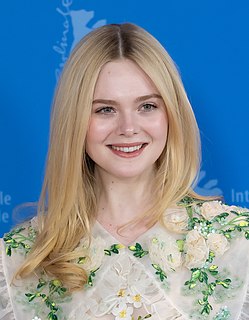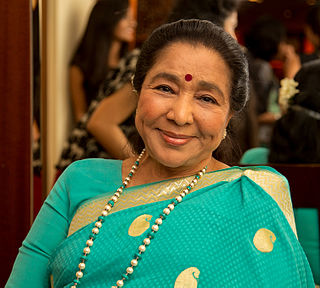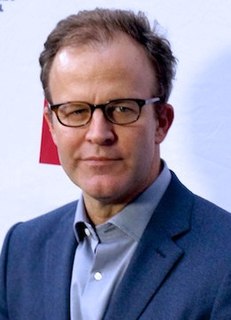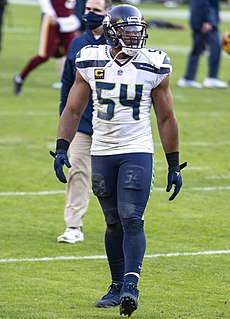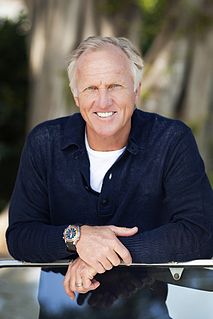A Quote by Greig Fraser
There's always the temptation, as a cinematographer, to make the shot look as perfect as possible.
Quote Topics
Related Quotes
My generation, we're more accepting of narcissism. But we're looking at images that are dead, that are on your phone. My friends have apps to make you look skinny, to make your skin look perfect. And we look at these images and we're like, "That's beauty. That's perfect." But when you see a real person, you're like, "Wait, that's not perfect."



